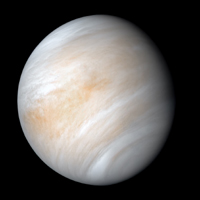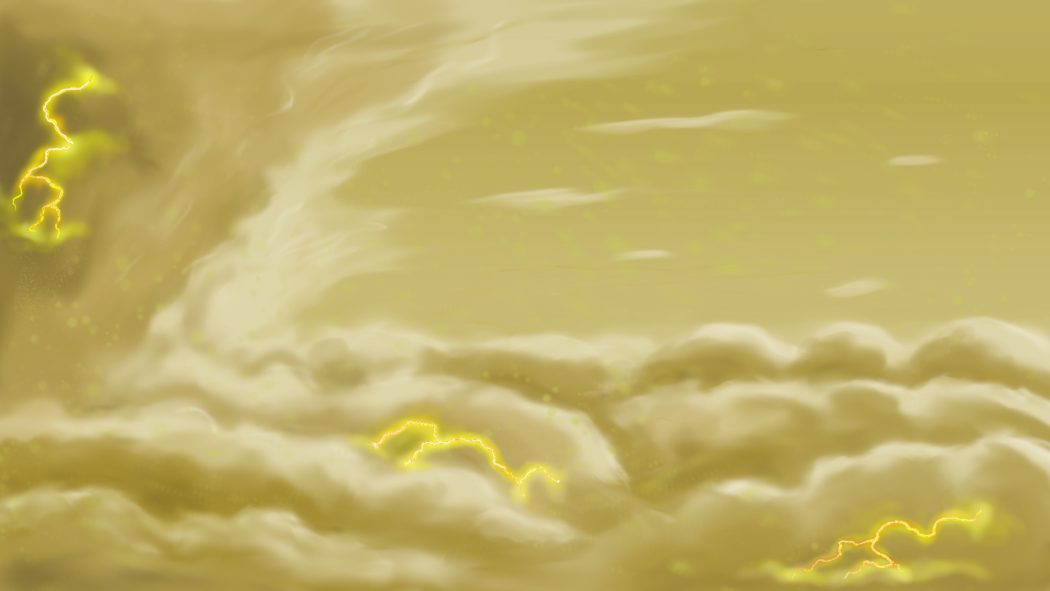Opinion: Hope on Venus
This September, astronomers from Cardiff University, MIT, and other institutions published an exciting discovery: evidence of the gas phosphine in Venus’s atmosphere, which is a possible indicator of life.
Venus has long been regarded as a barren, inhospitable planet. But, as MIT News reports, there is a small, theoretically habitable layer in the planet’s atmosphere, with temperatures between 30 to 200 degrees Fahrenheit.
The report continues, “Scientists have speculated, with much controversy, that if life exists on Venus, this layer of the atmosphere, or cloud deck, is likely the only place where it would survive. And it just so happens that this cloud deck is where the team observed signals of phosphine.”


NASA/JPL-Caltech
On Earth, phosphine can only be made by life. While it’s possible that the finding is a miscalculation, or a previously-unknown, non-biological source, the potential implications are dizzying.
According to National Geographic, scientists earlier this year have suggested searching distant planets for the gas. To stumble upon it so close to home feels like nothing short of a miracle.
What would it mean for us to cast out far and wide through our galaxy for company, only to find it first on our sister planet? While this life (if it is life) is likely to be closer to microbes than Spock or E.T., it could be the first sign that we’re not alone in this universe – that possible companions aren’t nonexistent or long-dead or so far away we can never reach them.
It could be a beginning.
In some stories, humans put aside their differences and unite under one banner when they make first contact. I don’t think that will happen. World peace, easily accessible space travel, and interstellar trading networks like we see in sci-fi movies are still a long way off. In many ways, very little has changed since this news broke. The pandemic and the election continued, and students continued going to class, doing their homework and looking forward to the next break.
But underneath all that, the research continues, bringing us step by step into the future we’ve only dreamed of. Every breakthrough is a validation. We have been right to look at the stars and ache to experience them firsthand. Incredible as this planet is, it doesn’t even register on the scale of everything. The universe is enormous and mysterious and beautiful, and there is so much yet to discover.
So even while we fret over our anxieties, as we make dinner and set alarms and brush our teeth, as we struggle to get through each week — we know that, out there, the universe is still turning. And even in the cradle of our own solar system there are miracles just waiting to be uncovered.

Katelyn Allred is an opinion writer in her junior year of college. She’s studying English with an emphasis in creative writing and enjoys reading, listening to podcasts, and baking.
katelyn.allred@usu.edu

